'Here & Now' Highlights: US Rep. Bryan Steil, Peter Barca, Rick Abrams, Ananth Seshadri
Here's what guests on the April 26, 2024 episode said about congressional votes on foreign aid to U.S. allies, nursing home staffing regulations and the status of UW-Madison as a global research institution.
By Zac Schultz | Here & Now
April 29, 2024
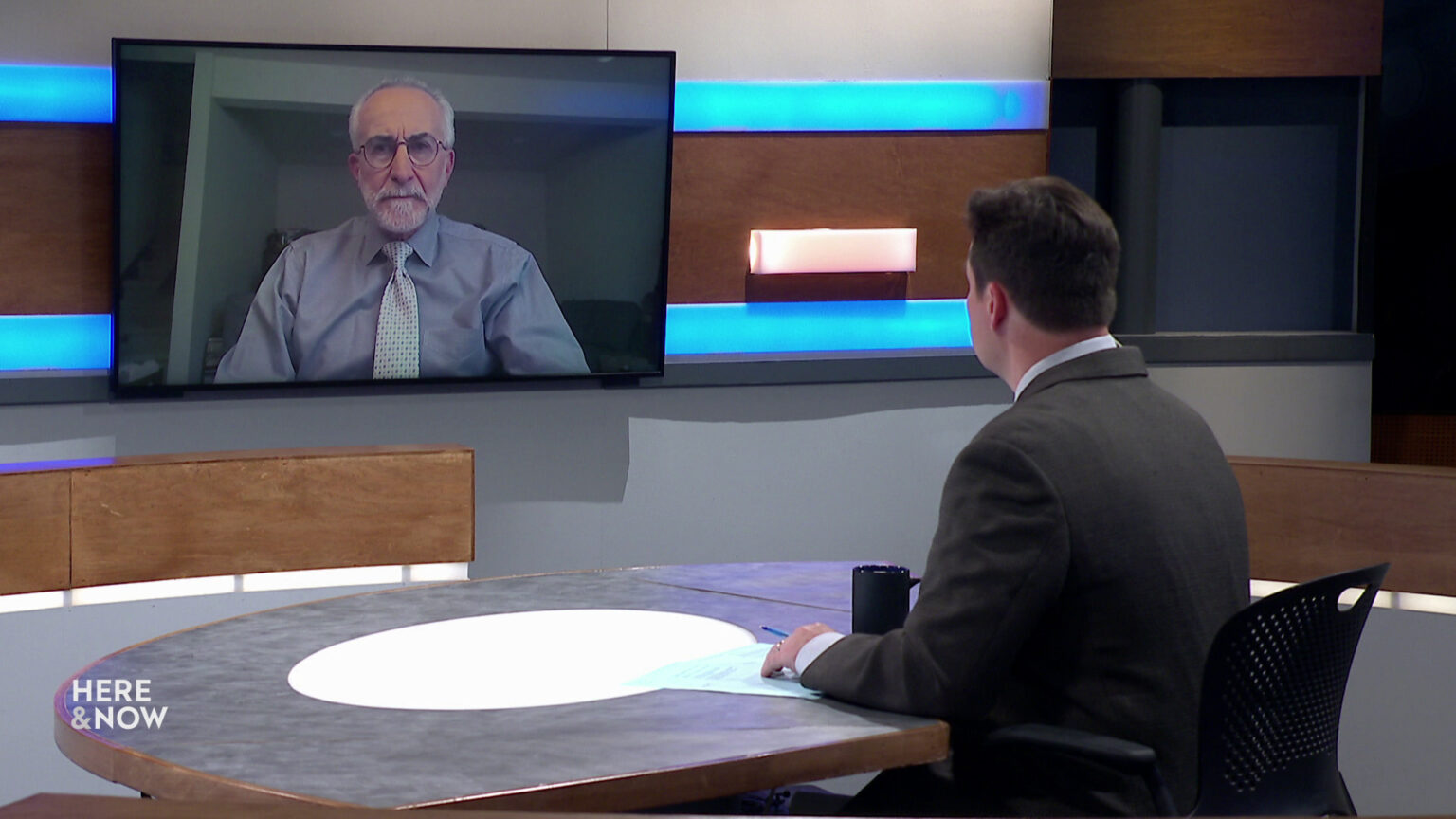
Zac Schultz and Rick Abrams (Credit: PBS Wisconsin)
U.S. Rep. Bryan Steil, the Republican incumbent in Wisconsin’s 1st Congressional District and Peter Barca, a Democratic candidate for the seat who served one term in it during the 1990s, talk about the a foreign aid package that provides $95 billion to U.S. allies in Ukraine, Israel and Taiwan, as well as sets ownership requirements for the TikTok social media platform. Rick Abrams, the executive director of a trade association for nursing homes in Wisconsin, considers new federal requirements on the amount of staffing at assisted living facilities. Ananth Seshadri, co-director of the Center for Research on the Wisconsin Economy, describes a study asking if UW-Madison is in decline as a research institution.
U.S. Rep. Bryan Steil
R-Janesville
- The U.S. House held a series of votes on April 20 related to directing foreign aid to three different recipients around the world, with majorities approving all three. U.S. Rep. Steil voted yes on aid to Israel and Taiwan, but no on aid to Ukraine. He said the amount of funding in that case was too much.
- Steil: “I think it is appropriate to send lethal weapons to Ukraine, to allow the Ukrainians to be able to defend themselves. My concern with that bill was the significant amount of humanitarian aid funding that wasn’t paid for. When we see this volume of funding, I think it’s really important that we go in and we are very careful on the use of taxpayer dollars as relates to foreign aid.”
- Rep. Steil said he is looking forward to the 2024 elections and discussing the large contrasts between him and his opponent for the 1st Congressional District seat representing portions of southeast Wisconsin.
- Steil: “If we’re talking about the policy issues in front of us this summer and through this election, that’s good for the American people, that’s good for the state of Wisconsin. And I look forward to that conversation.”
Peter Barca
Former U.S. Representative
- Barca has had a long career in Wisconsin politics, serving most recently as secretary of the state Department of Revenue. He was previously in Democratic leadership in the Assembly and played a prominent role in the dispute over Act 10 in the early 2010s. In the 1990s, he served one term as the U.S. Representative for Wisconsin’s 1st Congressional District, and is running for the seat in 2024. Barca said he would have voted for all four elements of the foreign aid package, even though some Democrats opposed aid to Israel or regulating TikTok.
- Barca: “I would have certainly voted for it because — for the entire bill — we have to protect our national security. We have to protect our allies. And it’s vitally important that America continue to have a strong presence in the world and support our allies and defend our national security over the long term.”
- Barca said he’s not worried about the Republican tilt to the 1st Congressional District, saying he can win.
- Barca: “I have a strong reputation here of working with people in both parties and getting things done. I just feel like it’s time for a change. When things are not working, I believe accountability is the cornerstone of a democracy. And right now, we have serious problems, and I have a very full agenda of items I’d like to bring forward to try and make a difference.”
Rick Abrams
Executive Director, Wisconsin Health Care Association & Wisconsin Center for Assisted Living
- As part of a visit to La Crosse on April 22, Vice President Kamala Harris announced new regulations that would require higher levels of staffing per resident at federally regulated nursing homes. Abrams said these new federal requirements will be difficult for many small and rural nursing homes in Wisconsin and could backfire.
- Abrams: “When you look at the requirements of the minimum staffing mandate, the most difficult to meet is going to be the requirement of having a registered nurse — an R.N., if you will — onsite 24 hours a day, seven days a week. That’s going to be difficult, if not impossible in some cases to meet.”
- Abrams said the new rules could have the opposite effect and cause nursing homes to close or lose staff.
- Abrams: “If a facility cannot achieve the 3.48 hours per resident day, if they’re not in a position to reduce the number of occupied beds, what that does is it puts more pressure on the staff that is there. The biggest concern that I have with that is that that is going to hasten burnout, and that is going to hasten the exodus of these good and dedicated people from our sector. And nobody can afford that.”
Ananth Seshadri
UW-Madison economics professor and co-director of the Center for Research on the Wisconsin Economy
- Ananth Seshadri is co-author of a study that examines college rankings to show many of Wisconsin’s degree programs have fallen compared to peer institutions. He said this change matters more than just campus bragging rights.
- Seshadri: “International rankings are very popular. It’s generically — the students all over the world look at these international rankings of world universities. We note in the paper that it actually has bite. For instance, the U.K. government or the Chinese government give priorities for students who graduate from a top 50, a global university. So it’s not just the signaling value associated with the ranking, but it actually has real consequences.
Watch new episodes of Here & Now at 7:30 p.m. on Fridays.
 Passport
Passport





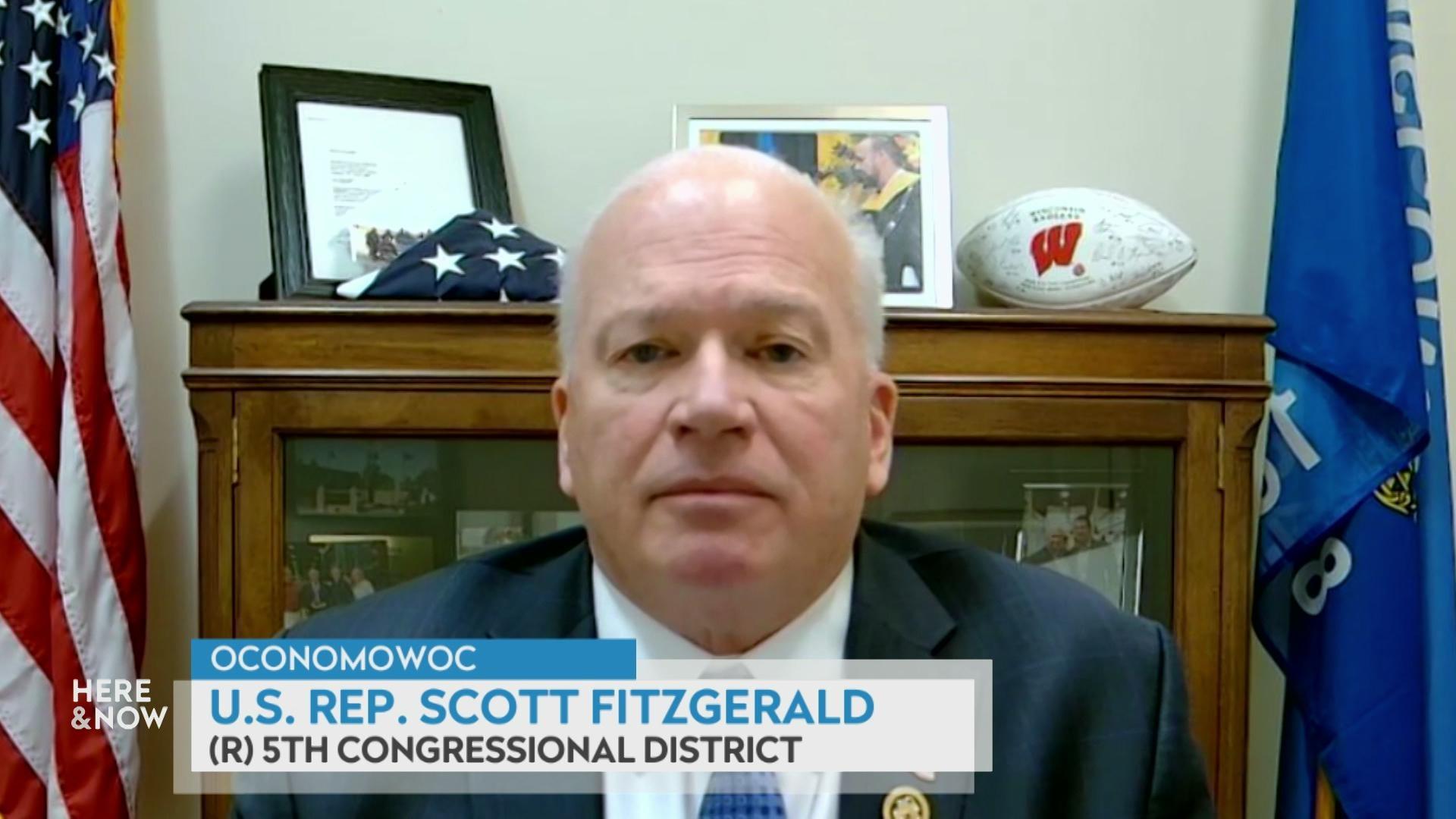
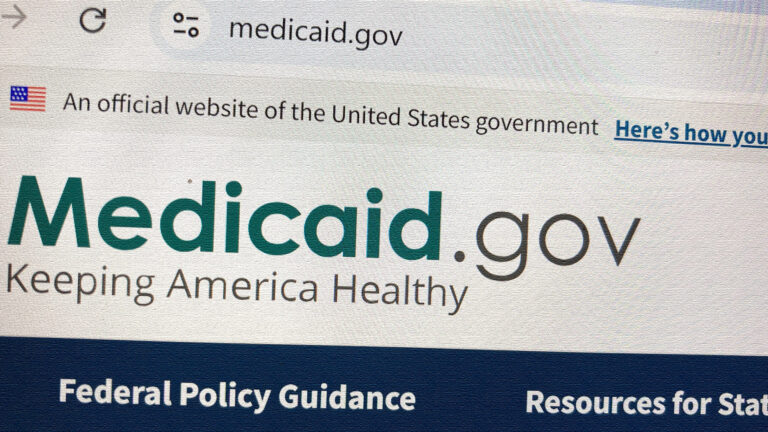
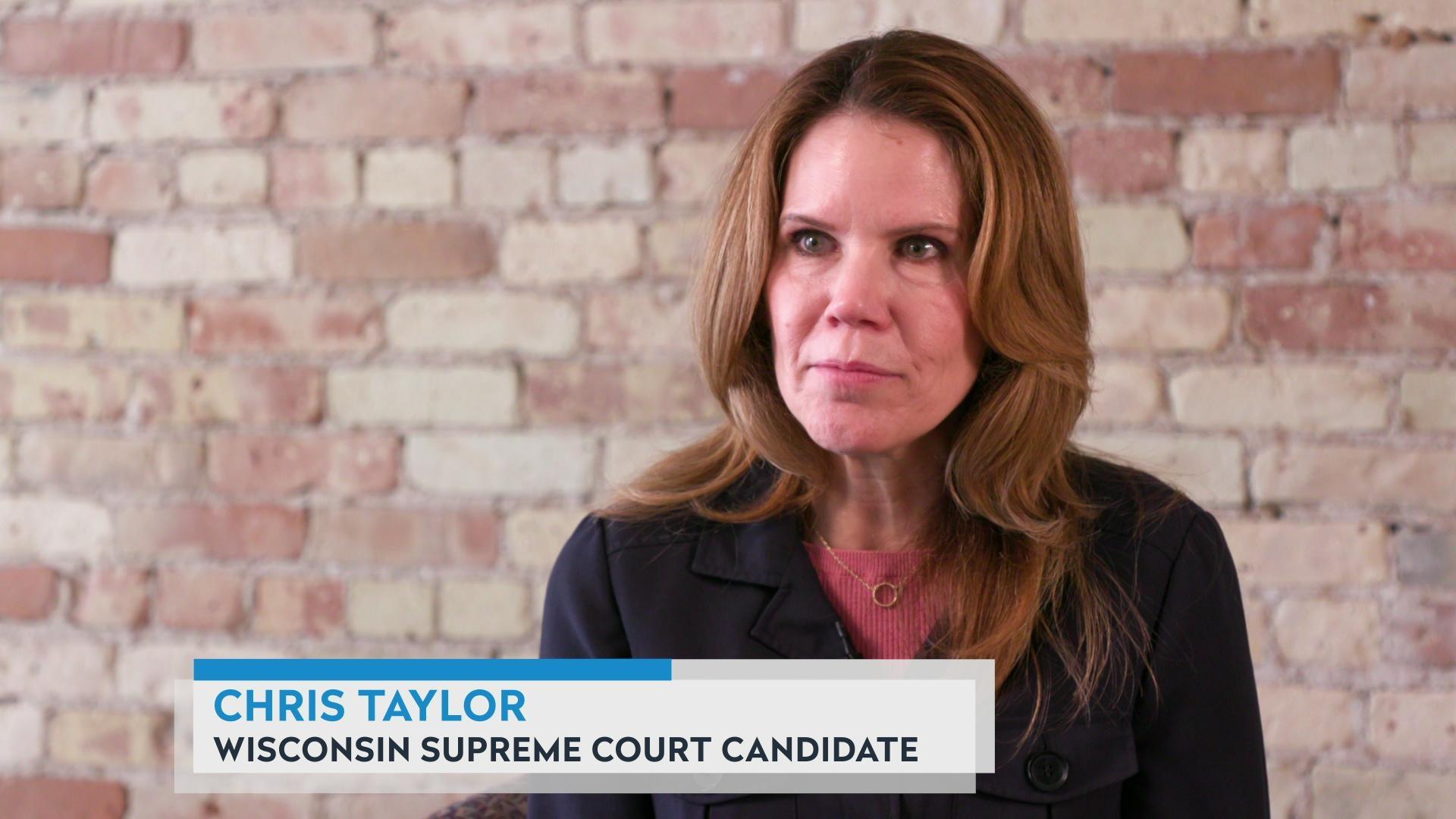

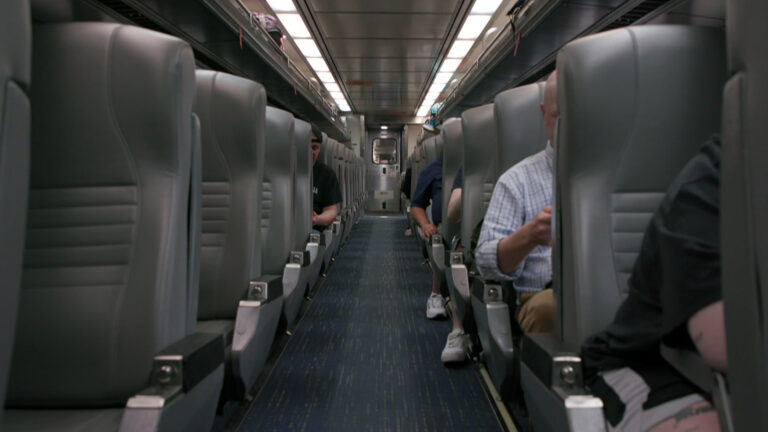

Follow Us